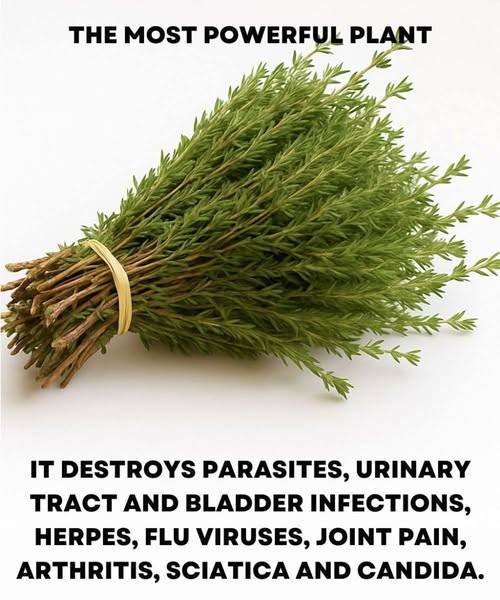Oregano: From Kitchen Herb to Natural Healer
Oregano is more than a fragrant topping for pizza or Mediterranean meals. Known scientifically as Origanum vulgare, this humble herb contains powerful compounds like carvacrol and thymol, which modern researchers are studying for their wide range of health benefits.
For centuries, oregano has been treasured in traditional medicine. Today, scientific studies suggest it may provide antibacterial, antiviral, antifungal, and anti-inflammatory support. While research continues, its versatility makes it one of nature’s most valuable herbs when used responsibly.
One of oregano’s strongest areas of promise is gut and immune health. Oregano oil may help maintain microbial balance in the digestive tract, support healthy digestion, and strengthen immune defenses. Some studies also suggest it may ease urinary tract discomfort and help the body respond to common viruses such as colds.
Oregano has also been linked to joint support. Early evidence shows it may ease occasional stiffness and discomfort, while also supporting the body’s natural ability to manage yeast levels. This balance can contribute to overall internal wellness.
There are several practical ways to incorporate oregano into daily life. Dried leaves can be steeped into a soothing tea, offering gentle digestive support. Oregano essential oil can be used sparingly when diluted with a carrier oil and applied under professional guidance. It may also be applied topically in safe, diluted amounts to support skin health.
This makes oregano more than a simple kitchen spice. It represents nature’s hidden remedies, offering benefits for both meals and overall wellness routines.
The Qur’an reminds believers that in the earth are “signs for those who are certain in faith” (51:20). Oregano, with its small yet potent leaves, is one such sign.
Approached with balance and gratitude, this herb serves as a reminder of creation’s healing mercy.



